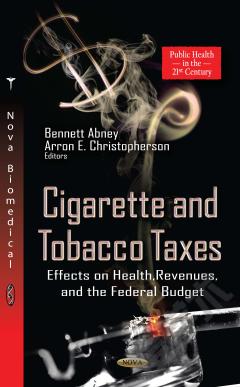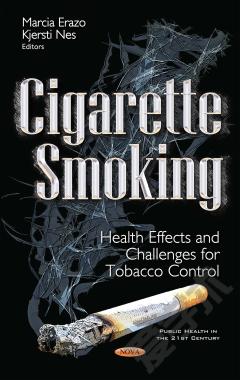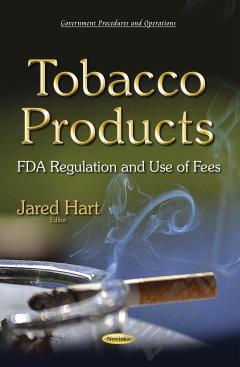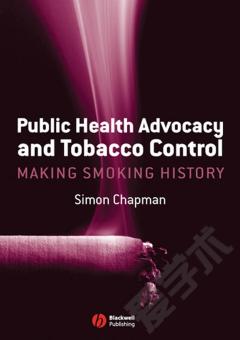Cigarette and Tobacco Taxes: Effects on Health, Revenues and the Federal Budget
The federal government spends roughly $1 trillion on health care programs each year, so it is easy to imagine that policies that promote a healthier population could have a significant impact on the federal budget. Such policies might include initiatives that discourage smoking or excessive alcohol consumption, that promote better eating habits and physical activity to reduce obesity, or that encourage compliance with medical and dietary regimens for chronic conditions such as diabetes. In this book, the Congressional Budget Office (CBO) analyzes a policy involving smoking, a hypothetical increase of 50 cents per pack in the federal excise tax on cigarettes and small cigars, to demonstrate the complex links between policies that aim to improve health and effects on the federal budget. The emphasis is on estimating the budgetary effects that would result from improvements in the health of the population stemming from the policy.
{{comment.content}}








 京公网安备 11010802027623号
京公网安备 11010802027623号